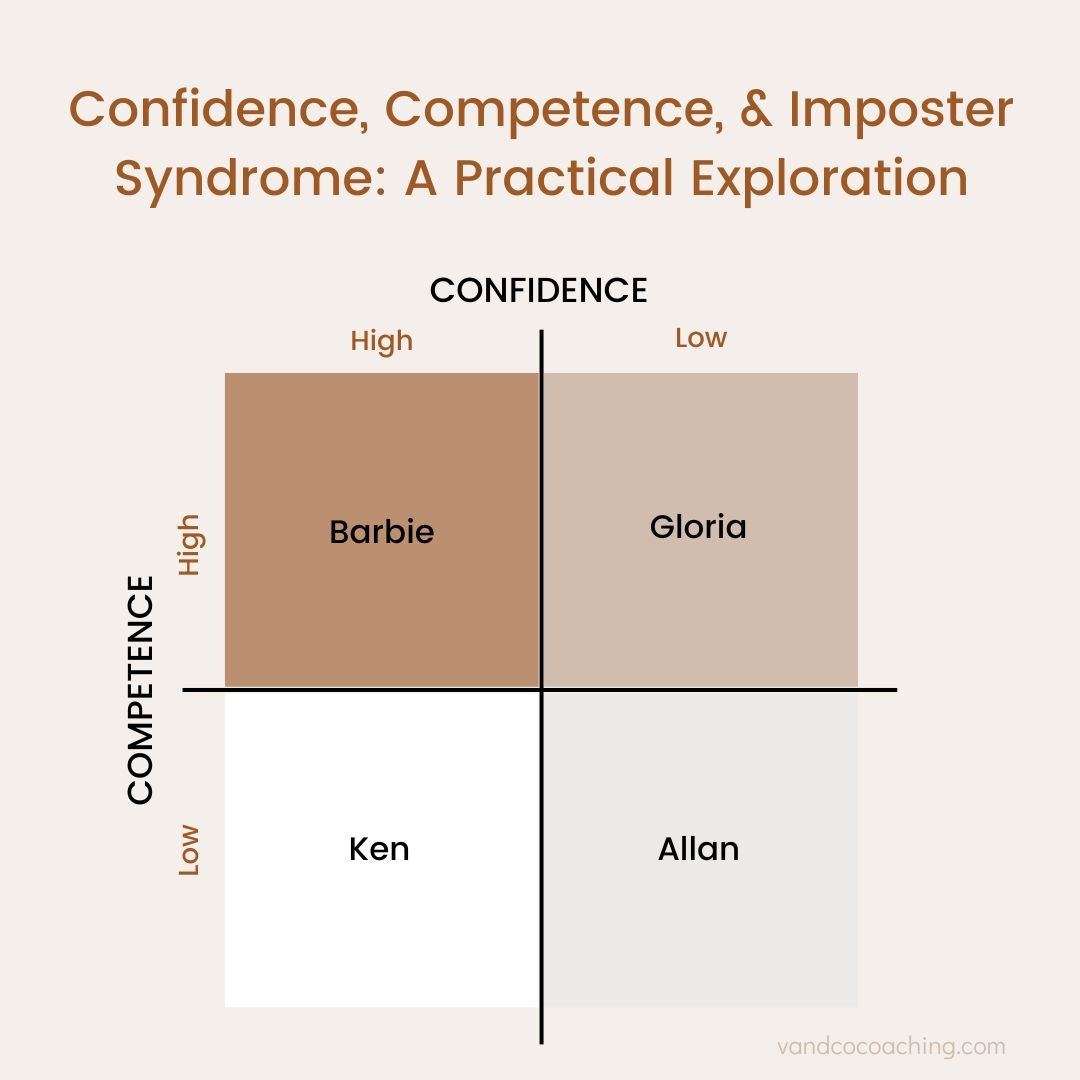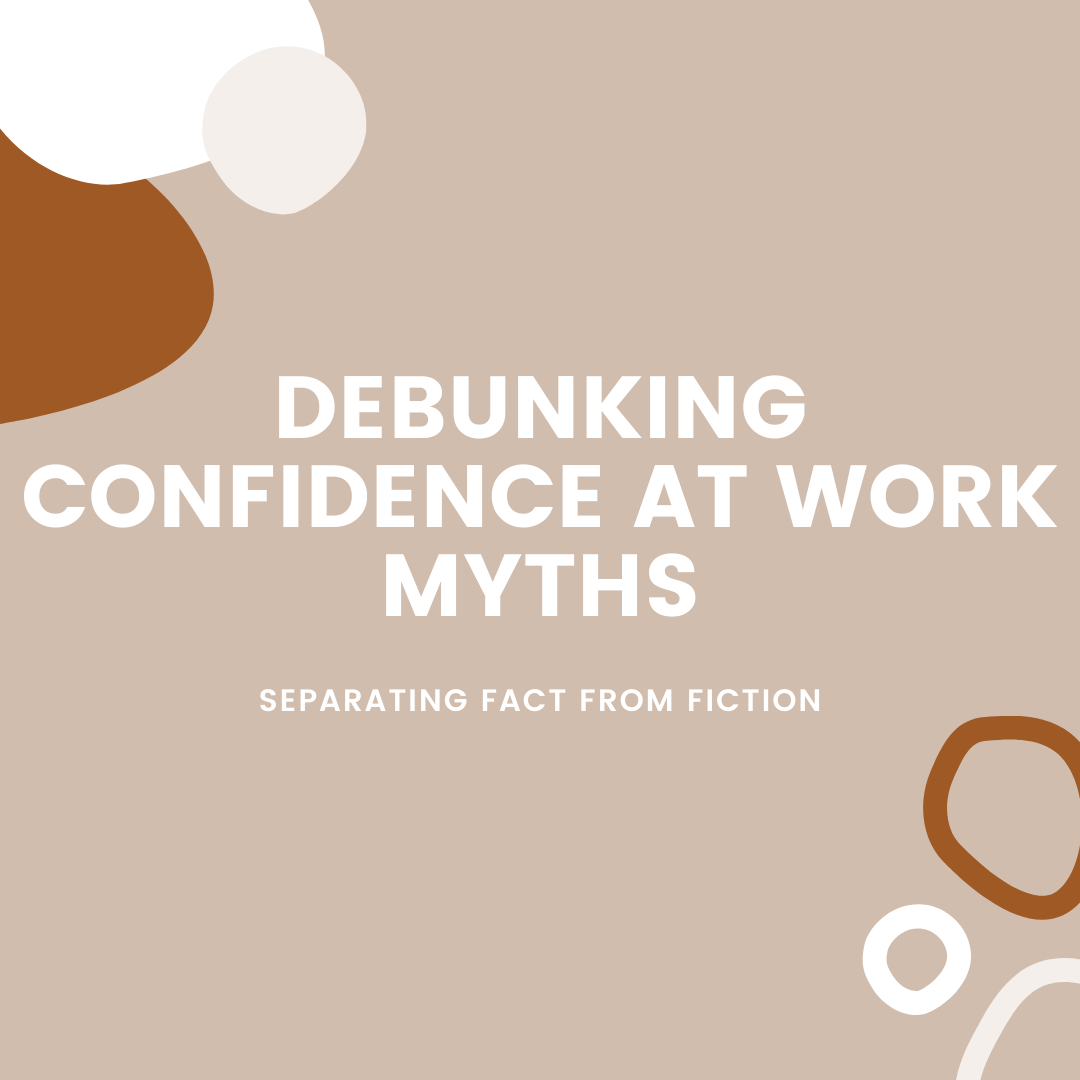Common Misconceptions About Imposter Syndrome
The last few days I've been getting certified in Emotional Intelligence.
Emotional Intelligence (EQ) is a composite of 15 emotional skills such as self-awareness, problem-solving, empathy, interpersonal relationships, etc. Although we all have natural tendencies to scale higher or lower in these 15 skills, the positive takeaway is that these skills can be developed over time.
There's a common misconception about self-doubt and imposter syndrome that you can't fix them, that if you suffer from them now they will always impact your life in some way.
The good news is that this isn't the case — my evidence-based EQi certifications suggests otherwise — especially if you are ready and motivated to change.
What would be possible if you believed that your emotional skills — including self-regard (confidence), assertiveness, and independence — can be developed over time? Would you take steps to improve them?
Other misperceptions about imposter syndrome and self-doubt include:
Work hard and we'll be rewarded. Women report feeling like they overcompensate for lack of confidence with hard work & over-preparation. Keeping our heads down and working hard will not help — we can only stop this cycle if we devote time and energy to thinking differently about what to do.
We'll feel confident with more experience & skills. Late-career women have similar levels of self-doubt as early-career women — despite the vast difference in skills, tools, and knowledge that comes with experience. Don't wait until you get your next skill, credential, or experience: develop your confidence now.
Once I learn my "market value" I'll be able to speak to it. A thought trap. There is no such thing as objective market value — we all are wildly original and unique. You can't put a price on something that's inherently priceless.
A mentor will save me. Mentors are great and can be very helpful for sharing their lived wisdom and experiences. However, you're the only one who can know what's right FOR YOU.
Hear what 100+ talented women had to say about how imposter syndrome, self-doubt and lack of confidence show up for them at work
Learn useful strategies — and some common misconceptions — to help defeat self-doubt and the negative thought cycle. Also included is a TON of peer advice and a robust list of resources so you can start your own journey to uncaged confidence.
Download Imposter Syndrome & Self-Confidence: A Survey of 100 Talented Women.









